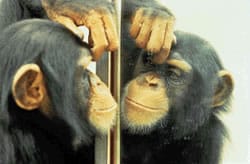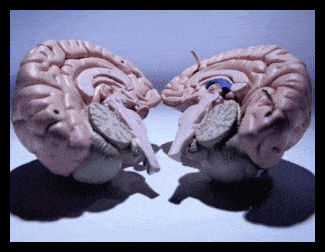The End of Stories: the Evolutionary Psychology of Evolutionary Psychology

The journal Nature published an editorial recently in which the editors criticized Senator Sam Brownback’s New York Times essay What I Think About Evolution. Senator Brownback wrote:
Man was not an accident and reflects an image and likeness unique in the created order. Those aspects of evolutionary theory compatible with this truth are a welcome addition to human knowledge. Aspects of these theories that undermine this truth, however, should be firmly rejected as atheistic theology posing as science.
In reply to Brownback, the editors at Nature made some stunning assertions:
Read More ›







































